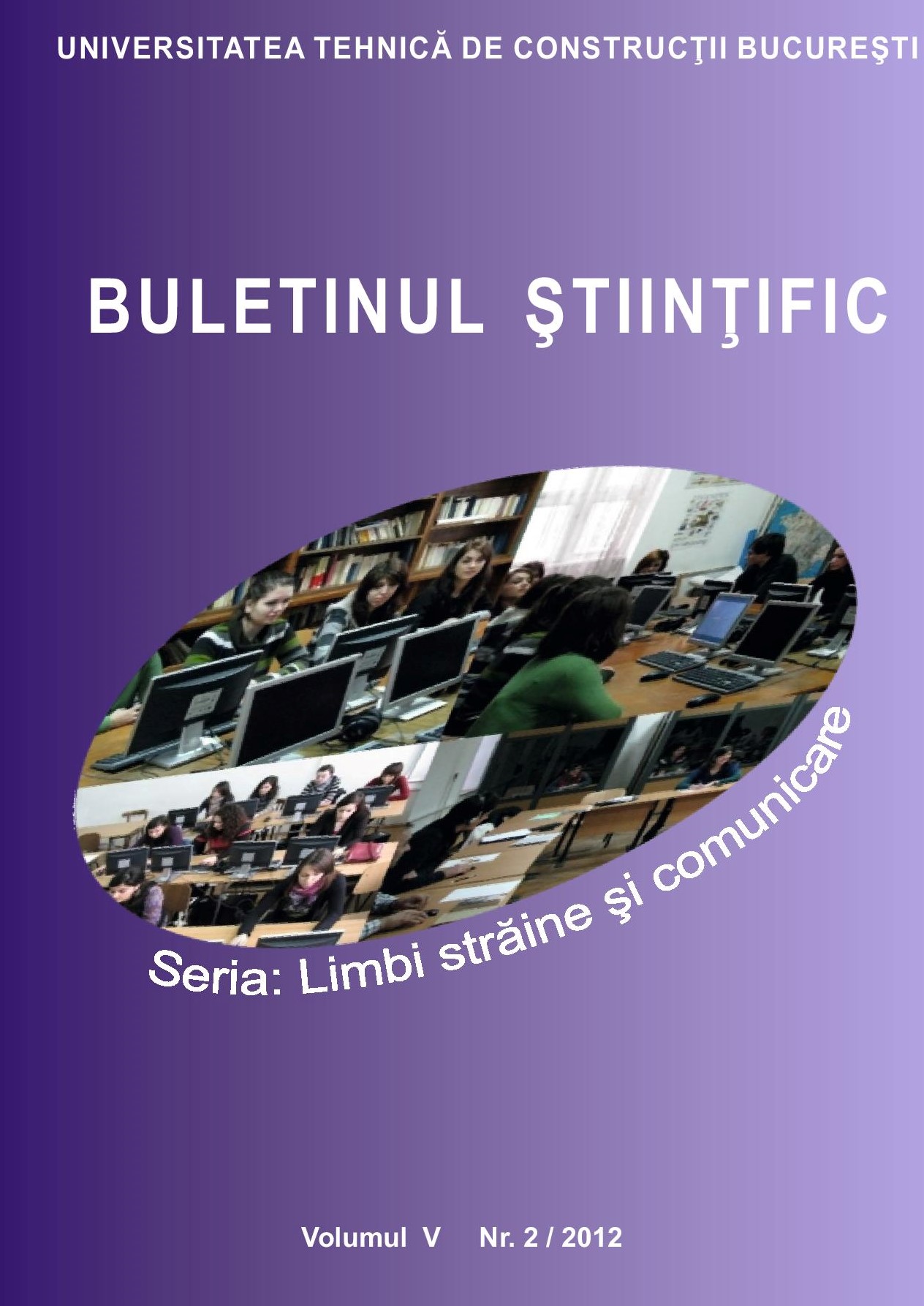CONTEMPORARY THEORIES ON TERRORIST VIOLENCE: FROM DISTORTED COMMUNICATION TO SYMBOLIC EVENT
CONTEMPORARY THEORIES ON TERRORIST VIOLENCE: FROM DISTORTED COMMUNICATION TO SYMBOLIC EVENT
Author(s): Valentina StîngaSubject(s): Politics / Political Sciences, Politics, Language studies, Language and Literature Studies, Law, Constitution, Jurisprudence, International Law, Theoretical Linguistics, Applied Linguistics, Civil Society, Governance, Geopolitics
Published by: Editura Conspress
Keywords: communication; spiral of violence; trauma; potentiality; symbolic event; global terrorism
Summary/Abstract: The present article departs from the traditional approach of terrorism through its predominantly physical component and insists on the idea that, however intense and cruel it may be, the category of violence usually associated with terrorism is not an end in itself. The primary intention of this study will be to rethink terrorist practices as communicative practices, however traumatic and offensive the message communicated through them might be. The overall purpose of such a refashioning is not to make the experience of pain and death, usually inflicted by terrorist agents, less important. The finality of such an action would be that of increasing the chances of understanding terrorism from a perspective that differs from the conventional approach (political, mediatic) of the matter: the paper proposes a deciphering of the meanings assigned to the (recent) acts of terrorist violence by philosophy (Jürgen Habermas, Jacques Derrida and Jean Baudrillard).
- Issue Year: V/2012
- Issue No: 2
- Page Range: 21-26
- Page Count: 6
- Language: English

